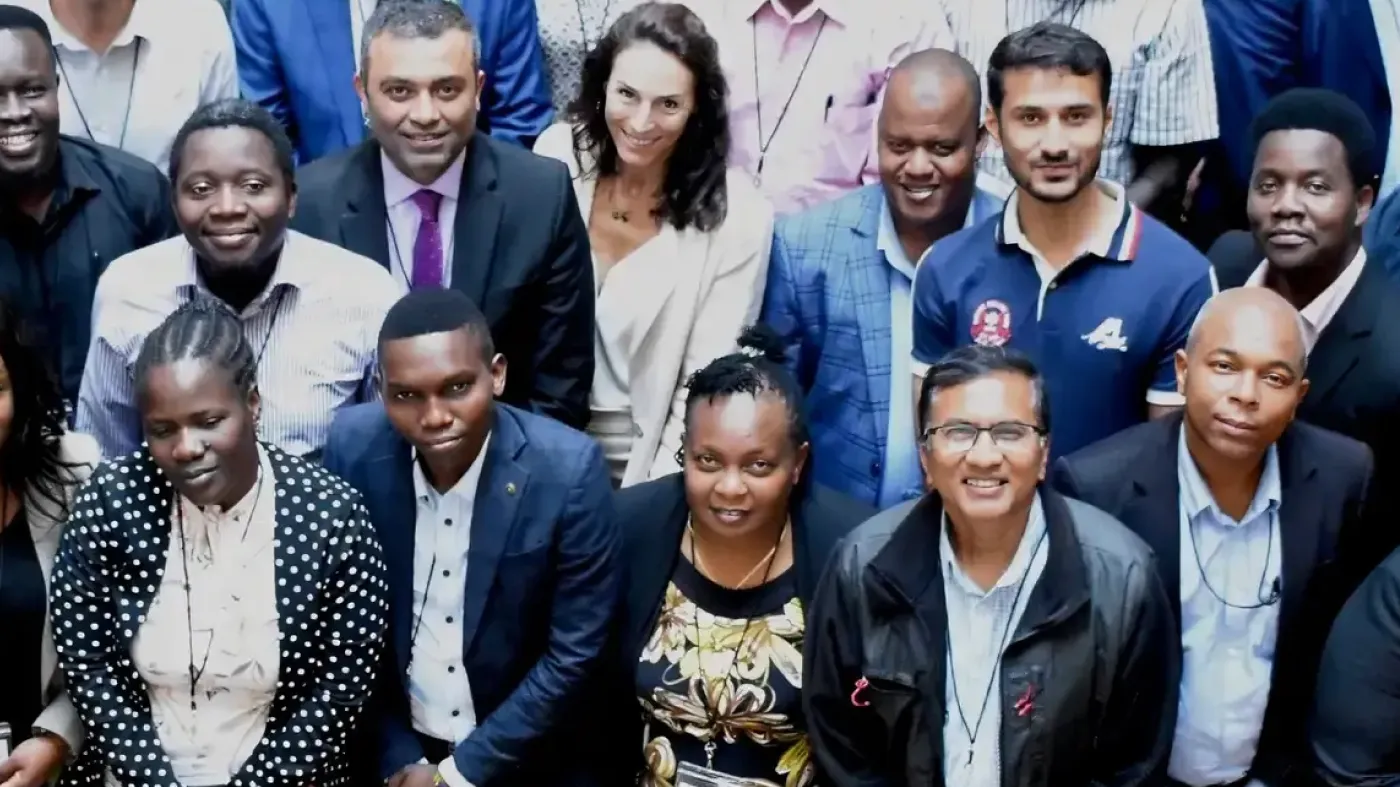Download All Country Data
During a pandemic, addressing another leading killer: hypertension
Hypertension, or high blood pressure, is the single leading cause of preventable death worldwide. Over 30 percent of adults have high blood pressure—nearly 1.4 billion people—yet only about one in seven have it under control. Uncontrolled hypertension increases risk of heart attacks and heart failure, stroke and kidney disease. And COVID-19 patients with hypertension are at elevated risk of more severe disease.
But effective measures to treat hypertension exist. In fact, simple medications and changes in lifestyle can help patients control their blood pressure and lower their risk of death. In the latter half of the twentieth century, such measures helped the U.S. halve its death rates of heart disease and stroke—but these advances aren’t easily accessible everywhere.
To manage hypertension successfully, patients need to maintain a life-long partnership with their health care providers, and health systems must ensure consistent access to affordable, quality medications. The COVID-19 pandemic has made this even more challenging.
Strategic investments and effective partnerships
Since 2018, Resolve to Save Lives (RTSL) supported 20 low- and middle-income countries to optimize the way they treat hypertension in their populations, with the goal of ensuring that people living with hypertension can easily monitor and manage their blood pressure and lead longer, healthier lives.
In particular, these countries adopted hypertension treatment “protocols”—step-wise checklists—that allow health care workers with basic training to effectively treat hypertension, enabling more patients to receive quality care. Standardizing treatment also enabled health systems and governments to purchase larger quantities of a smaller number of hypertension drugs, making medications more affordable and accessible.
With RTSL’s support, more than three million patients with hypertension have been treated using this “protocol-based” approach since 2018, and 1.3 million of them have already been able to control their high blood pressure. If similar approaches could be expanded to reach 70 percent of people with hypertension worldwide, it would prevent or delay over 35 million deaths by the year 2040.
Quickly adapting to the COVID-19 pandemic
COVID-19 has disrupted all aspects of society, including the health care services that hypertension patients depend on to manage their condition. Stay-at-home orders, patients’ justified concerns about COVID-19 exposure in health centers, government-imposed travel restrictions and health facility closures have introduced new obstacles to regular check-ups with physicians and to accessing the prescription medications that keep high blood pressure in check.
In India, for example, the India Hypertension Control Initiative (IHCI) has seen a significant decline in the number of patients making and keeping appointments since the start of the pandemic, resulting in fewer new enrollees and concerns that existing patients are not able to manage their blood pressure successfully.
RTSL and partner countries have adapted nimbly to this new normal.
For example, RTSL developed and distributed educational materials to help patients with chronic diseases and primary health care providers better protect themselves from infection, and provided guidance on how to change screening and triage procedures to reduce risk of COVID-19 infection in primary health care facilities.
Policy changes also to made it easier for patients to keep an adequate supply of blood pressure medication on hand. In many countries, health care providers typically write prescriptions that cover medications for 30 days or fewer, which means that patients must return to the clinic frequently for refills. With support from RTSL, countries including Thailand, Bangladesh, and India have extended their prescriptions to 90 days, so patients don’t have to choose between avoiding COVID-19 risk and taking the medications that prevent heart attacks and strokes.
In the Indian states of Punjab and Maharashtra, RTSL supported the government in developing a telemedicine application that allows practitioners to manage their patients’ hypertension without disruption, by building on its existing smart phone application Simple. Where some patients previously had to undertake a lengthy trip to a central medical facility, they can now visit a health care worker in their community who uses the app to record their medical information, consult remotely with a more highly-trained clinician, and obtain any needed prescriptions.
“This has really brought the program closer to the people, which will continue to benefit patients when the pandemic has passed,” says Dr. Bhawna Sharma, the lead for RTSL’s cardiovascular health program in the country. “This is an opportunity not just to improve outcomes for hypertension patients, but to strengthen primary health care overall.”
RTSL has also worked with Thailand, India, Chile, and Panama, to strengthen networks of community health workers who can deliver medications directly to patients’ homes. These steps, so urgently needed in a pandemic, will also help broaden community-based access to hypertension services in the longer-term.






